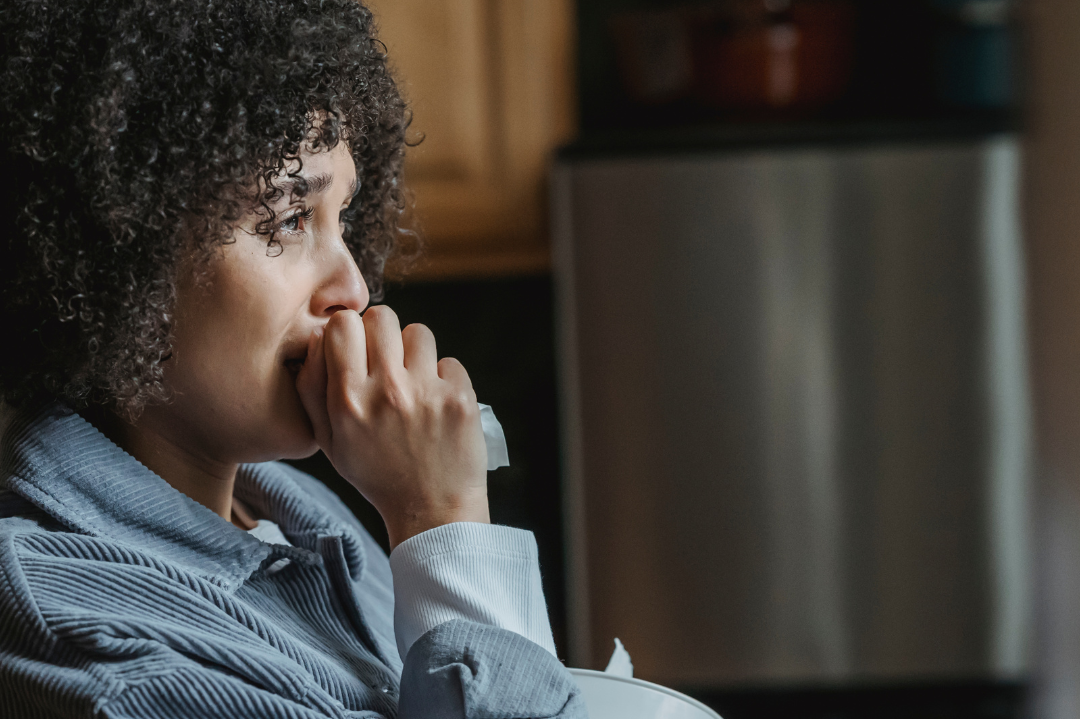Share This Story, Choose Your Platform!
Understanding And Coping With Loss and Grief
What is Grief?
Grief is the experience of intense feelings of anguish and sorrow, after a significant or irreplaceable loss, such as the loss of a loved one. Grief often includes “physiological distress, separation anxiety, confusion, yearning, obsessive dwelling on the past, and apprehension about the future”.
What are the different types of Loss?
- Divorce or relationship break-up
- Loss of a friendship
- Loss of financial stability
- Loss of safety after a trauma
- Loss of a loved one or cherished pet
- Loss of a life dream or aspiration
- Loss of health / Illness
- Loss or change of a job or career
- Retirement
- Moving to a new place
What are the Different Types of Grief?
The grieving experience is quite unique to every individual; therefore, it is quite difficult to label any grieving experience as ‘abnormal’, or ‘normal’ but there are three types of a very generalized grieving experience.
- Anticipatory grief: this type of grief occurs before one has actually experienced a significant loss, rather than occurring after the actual loss.
- Disenfranchised grief: this type of grief occurs when one’s loss is belittled, or cannot be mourned openly.
- Complicated grief: this type of grief occurs when the mourner is unable to eventually resume or function in their daily life after experiencing their significant loss.
What does grief look like?
The grieving process is an extremely complicated one, it is extremely conditional, and it is certainly not liner. Grief looks different from person to person and affects every individual differently. It is a very personal and harrowing experience, and it has no time limits.
Grief can cause many complex feelings such as; emptiness, numbness, distress, sadness, shock, depression, anxiety, fear, denial, disbelief, guilt, regret, confusion, distress, anger, yearning, and so many more explosive and excruciating emotions.
Mourning a loss can sometimes even cause physical symptoms, such as weight gain or loss, headaches, migraines, overall muscular pain and heaviness. It can also cause lowered immunity, chest pains, exhaustion, and oversensitivity to light and noise and many other possible physical effects.
What are the five stages of grief?
According to Kübler-Ross, a Swiss psychiatrist, there are five main stages of grief; denial, anger, bargaining, depression and acceptance.
Briefly; the denial stage consists of feelings of avoidance, confusion, elation, shock, and fear. The stage of anger has feelings of frustration, anxiety, and irritation. In the bargaining stage, one experiences feeling like one is struggling to find meaning, reaching out to others, and telling one’s story. The depression stage consists of feeling overwhelmed, helpless, and hostile. The final stage of acceptance includes one exploring their options, putting new plans in place, and moving on.
There are misconceptions about Kübler-Ross’ model, people mistakenly believed this is the exact order in which everyone grieves and that all individuals go through all these stages however Kübler-Ross’ described stages are not linear, and some individuals might only undergo a few stages rather than all five.
What are Possible Support systems for Grief?
- Loved Ones: Family and Friends can provide a great support system when we are in need of some tender loving care, some compassion, or a sympathetic shoulder to cry on. Being surrounded by people that love us and that we feel close too can provide a profound sense of comfort alone.
- Religion: Many people who have a religious following turn to God and faith for solace and guidance. Spiritual individuals try to find comfort in some faithful sayings such as, ‘things happen for a reason’, ‘he/she is at peace or in a better place’, or ‘leaving everything in God’s hands’. Spiritual activities such as praying or meditating can also provide solace.
- Support Groups: Grief can be a very lonely experience therefore being surrounded by and being able to talk to individuals who have gone through a similar experience can be very therapeutic and provide significant aid through the whole grieving process.
- Grief Counselling: Getting help from a grief counsellor through a very painful process can be very helpful, being able to freely and comfortably talk about your feelings to a completely objective individual can be very healing. Being guided in doing self-paced activities such as writing a letter to a loved one that has passed away, can provide a big sense of relief.
Self-care during grief?
Self-care during such a painful process or low place in one’s life is incredibly important. Both one’s physical and mental health should always be taken very seriously no matter what someone is experiencing. Maintaining hobbies or interests is a great form of self-care as it provides one with a sense of happiness or joy during a time where joy or happiness may be very limited. Being able to fully express ones feelings and emotions no matter how intense, in a healthy way is also a great form of self-care. Something that brings one peace or happiness can be considered an act of self-care and go along way to helping and healing.
Author: Savannah Esteves

Reference
Brody, J. E., 2018. Understanding Grief. [Online] Available at:
https://www.nytimes.com/2018/01/15/well/live/understanding- grief.html
[Accessed 22 August 2023].
n.d., 2023. Grief and Loss. [Online]
Available at: https://cmhc.utexas.edu/griefloss.html [Accessed 21 August 2023].
Smith, M., Robinson, L. & Segal, J., n.d. Coping with Loss and Grief. [Online]
Available at: https://www.helpguide.org/articles/grief/coping-with-grief- and-loss.htm
[Accessed 21 August 2023].


